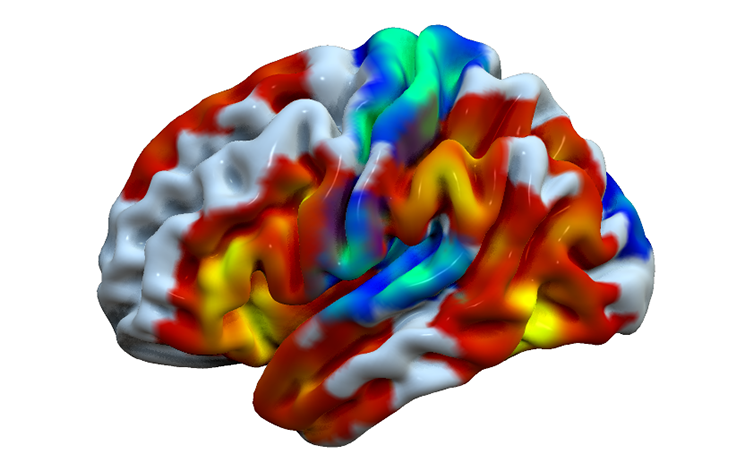Projects
Find out more about how our projects are addressing challenges around human memory.
Making Sense of the World: Cognitive and Neural Processes Underpinning how we Perceive, Comprehend and Remember Events
European Research Council Consolidator Grant (EVENTS project) Oct 2019 - Sep 2025; €1.95M
During our waking lives we are continuously exposed to a vast amount of information about the world around us. Yet somehow we make sense of this information and we consciously experience a coherent and ordered world, where life proceeds in a sequence of events with recognisable beginnings and ends. How the human mind manages to re-process continuous experience into these event-units is remarkably poorly understood. To date, the field has been held back by the significant methodological challenges to studying complex mental processes operating in naturalistic situations.
The EVENTS project will address these challenges in an ambitious and interdisciplinary programme of research, involving behavioural studies (including immersive virtual reality), cutting-edge functional MRI and neuropsychology in specialised populations. Across a series of studies, EVENTS will establish how information processed in independent neural modules is combined within a mental “event model”, which is an overarching representation of the important features of any given situation. The project will discover how event models are updated and how they are instantiated in the brain. EVENTS will also define how event models shape our perception and memory of everyday situations and how they interact with stored knowledge.
Finally, we will integrate these novel findings with previous disparate lines of evidence into a neurocognitive model of event processing. The knowledge generated by EVENTS will have far-reaching impact across the social, cognitive and neuro- sciences, shedding light on long-standing debates about how we internally represent the external world, how beliefs about the state of the world interact with how we perceive and remember events, and on how we perceive the passage of time. Moreover, the development of a detailed cognitive and neural model of event processing will represent a vital step towards a mechanistic account of conscious experience.
Fast transformation between episodic and semantic memories: Interactions between the hippocampal formation and related regions and their breakdown in Alzheimer’s disease
European Research Council Starting Grant (TRANSMEM project) Feb 2014 - Apr 2019; €1.17M
Our memories define who we are and allow us to live independently. Conscious memory is commonly split into two components; episodic memory for events that are specific in time and place, and semantic memory for our conceptual knowledge about the world. The acquisition of both episodic and semantic memories depends upon the hippocampal formation and its interactions with other brain regions. Disruption to this brain system causes dramatic memory impairment, notably in the case of Alzheimer’s disease.
Current theories propose that episodic and semantic memory are either neuroanatomically inseparable, are independent, or that there is a gradual transformation from episodic to semantic over time. These theories fail to account for experimental evidence demonstrating the dynamic nature of human memory.
TRANSMEM comprises a series of experiments designed to test a novel hypothesis; that semantic memory comprises high-level structures as well as elements, and memories for events are rapidly transformed between episodic and semantic representations and vice versa. In doing so, TRANSMEM will answer fundamental questions about the human mind, such as why do we remember certain things but not others? How do we store and retrieve our memories for the past? Innovative methods, including the use of video clips and virtual reality, will be used to investigate memory for realistic materials.
We will employ cutting-edge fMRI techniques and neuropsychology to establish how the hippocampal formation interacts with other brain regions to mediate these transformations and how these processes break down in Alzheimer’s disease. Completion of the TRANSMEM project will lead to major advances in research and practice in experimental and clinical psychology, cognitive and behavioural neuroscience, neurology, and will be of interest to all scholars of the complexities of human mind.
